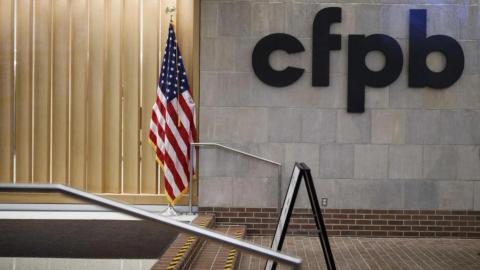Top Retailers Demand EU Action Against High Visa and Mastercard Fees
The International Card Schemes (ICS) have been facing scrutiny as they continue to raise fees without facing competitive pressure or regulatory oversight. Retailers have expressed their concerns in a recent letter, highlighting the opaque nature of these fees, which has made it difficult for businesses to understand what they are paying for and why.
Concerns from Retail Groups
A coalition of retail organizations, including EuroCommerce, Ecommerce Europe, and others, has pointed out alarming statistics from a 2024 report by The Brattle Group. The report indicates a staggering 33.9% increase in ICS fees between 2018 and 2022, averaging nearly 7.6% per year—all while inflation was also rising. Despite these increases, there has been no corresponding improvement in services for EU merchants and consumers.
Market Dominance of Visa and Mastercard
Visa and Mastercard dominate the payment processing landscape in the Eurozone, handling approximately two-thirds of all card transactions. This market control has raised alarms among policymakers regarding the reliance on foreign networks for payment solutions. As a response, the European Central Bank (ECB) is advocating for the development of local alternatives, such as the European Payments Initiative and the Wero wallet, as well as the digital euro project.
Calls for Regulatory Action
Frustrated by the slow development of these alternatives, retail lobby groups are urging the European Commission to take decisive action against Visa and Mastercard. Their recommendations include:
- Implementing EU antitrust rules against ICSs.
- Modifying interchange fee regulations to impose price controls.
- Introducing transparency and non-discriminatory obligations for ICSs.
- Creating a regulatory tool for scrutinizing ICS activities.
Visa’s Response
In response to these critiques, Visa has stated that its fees are reflective of a wide range of initiatives aimed at enhancing security, ensuring operational resilience, and fostering the development of innovative products for both consumers and merchants.
As the landscape for payment processing continues to evolve, the dialogue between retail groups and card schemes remains crucial to shaping a fairer and more transparent payment ecosystem in Europe.






